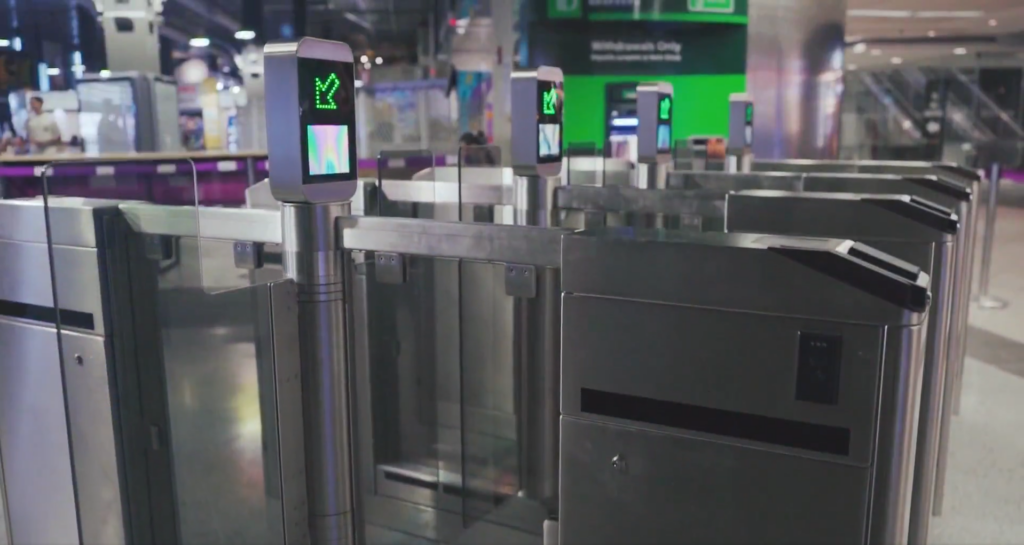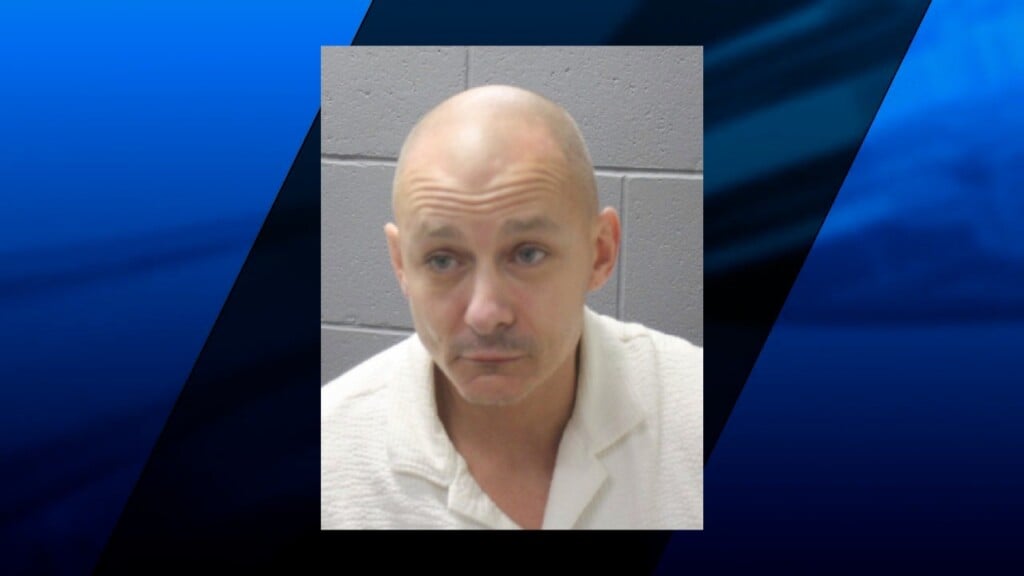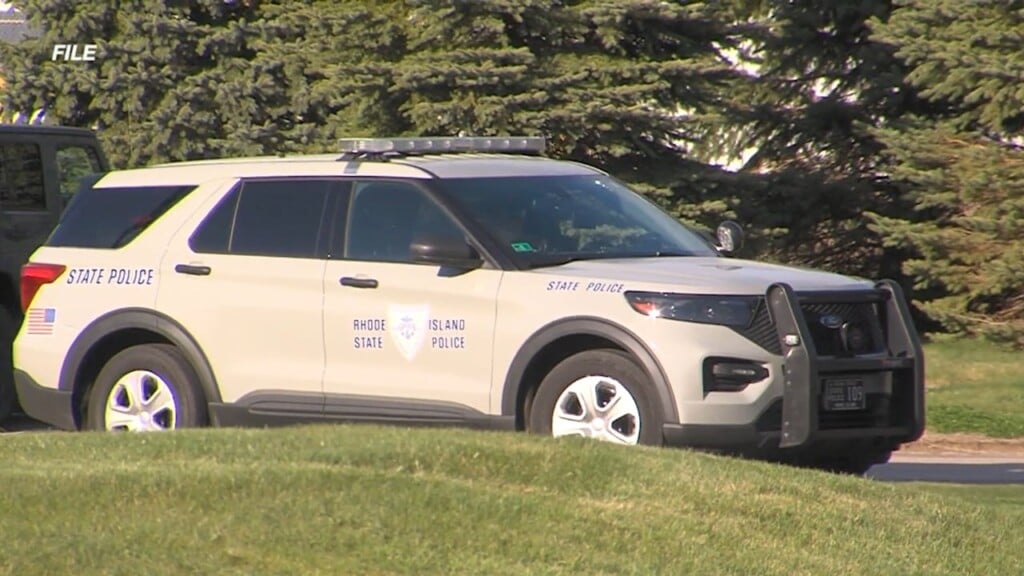ABC 6 News speaks with expert on National Teen Driver Safety Week
PROVIDENCE, R.I. (WLNE) — As National Teen Driver Safety Week began Monday, ABC 6 News is keeping the public aware as teenagers head out onto the road.
According to the National Highway Traffic Safety Administration, more than 2,500 people were killed in crashes that involved a teenage driver in 2021.
In the first half of 2023, there were more than 19,500 traffic fatalities nationally, and it’s estimated that of those 1,100 were teenagers.
To help lower those numbers, the NHTSA encourages parents to talk with teenagers about impaired driving, seat belt use, distracted driving, speeding, and driving with passengers.
Talking with teenagers about substance use and driving can be a tough conversation, but president of the National Students Against Destructive Decisions organization, Louis Pratt, said it’s one that could help lower the number of fatal teen crashes.
“You can’t just assume that your teen isn’t going to make those decisions to drink or smoke or vape because that’s not legal,” he said. “They could possibly still make those decisions because, as we see a lot of teens make those decisions. And more than 30% of those crashes were due to impairment, so the conversation needs to be had.”
Notably, more than half of teens who died in crashes in 2021 did not wear a seat belt.
Pratt said he hopes the message of safety clicks for parents and teens alike.
“When I was in high school, you know, you watch people pull into the parking lot on their phones, you watch them come in unbuckled. All that stuff is really, really harmful,” Pratt said.
“Click it or ticket I think is a common thing to say, but truly buckling up is so quick and easy to do and that will save your life,” Pratt added.
He also offered insight on the deadly effects of distracted driving.
“It kills, and kills,” he said. “Because our brains are meant to be mono taskers.”
“I think a lot of people believe they can be a multitasker, they can text and drive, they can eat and drive, they can change the temperature and drive. But you can’t do that, because psychologically, your brain is not wired to do more than one thing at a time…You have to focus on one thing, and that focus needs to be driving,” he explained.
A key part of that focus should be on speed.
According to the Federal Motor Carrier Association, it takes less than five seconds to cross a football field when driving at 60 miles an hour; car accidents at 55 miles per hour or more have a high risk of death.
That’s why Pratt said it’s important to drive the speed limit.
“I think that sometimes teens feel like ‘Oh, it’s cool to speed. I’m gonna go above the speed limit, I’m gonna get there faster. But arrive alive,'” he said.
“You might be a little late somewhere, but I would rather have you arrive alive than find out, oh so-and-so can’t make it to this function because [they] just got a ticket, or because [they] just got in a crash because they were speeding,” he said.
And when it comes to teen drivers, it’s not just tire pressure parents will want to monitor — but peer pressure, too.
Pratt said it’s risky for teens to drive with friends as passengers.
“The passengers might be like ‘Oh my gosh, let’s blow the music, play skeleton, or you drive the car and try to bop the side of the door or drive super-fast. It’ll be so fun,'” he said.
“You have to learn, like, you can’t do that. You are responsible, as a driver, for everyone’s safety in the car,” he said.
Students Against Destructive Decisions has partnered with the National Road Safety Foundation to encourage safe driving conditions.
More information on how you can keep your teenager safe while on the roads and for their Passport to Safe Driving tool can be found online.



